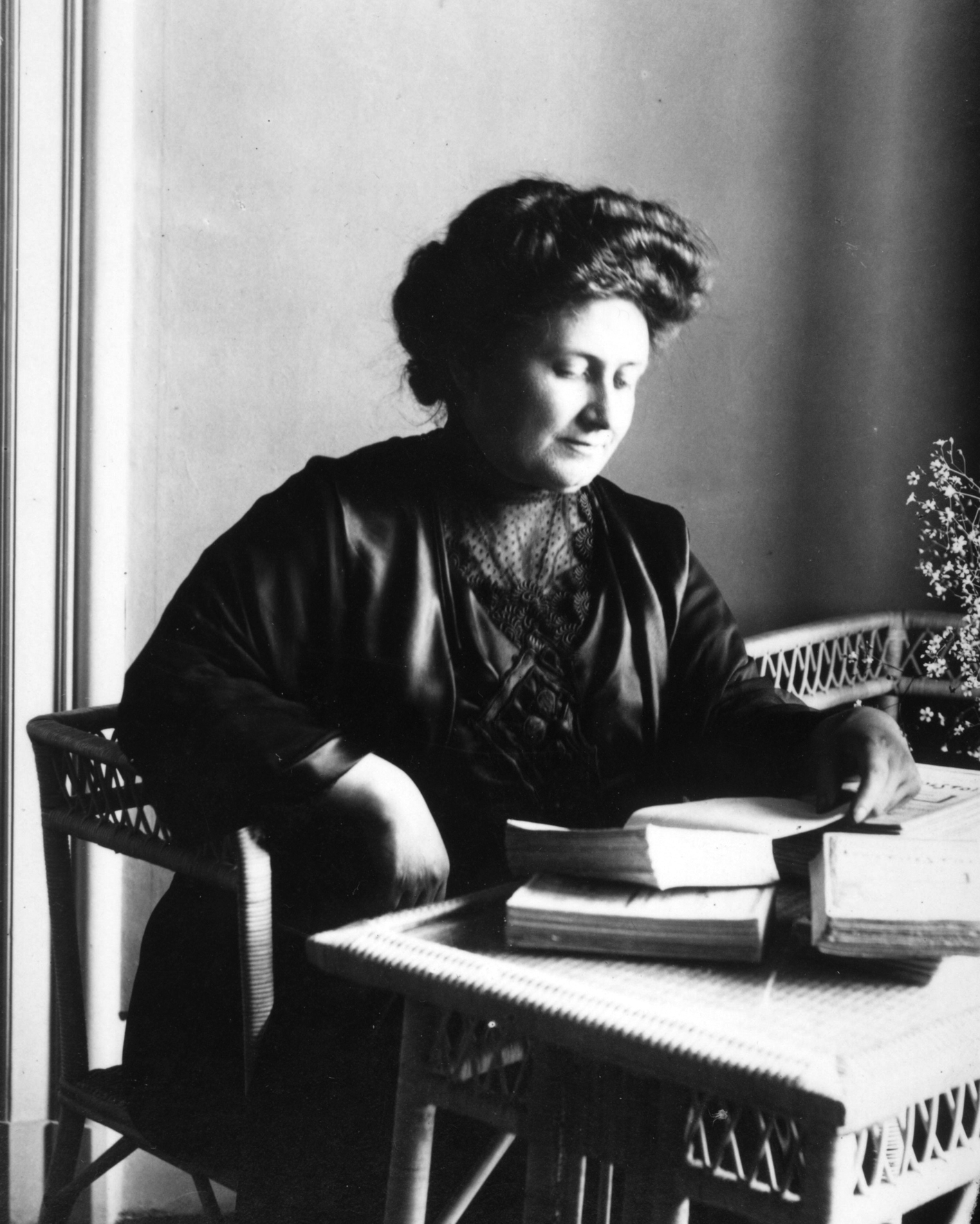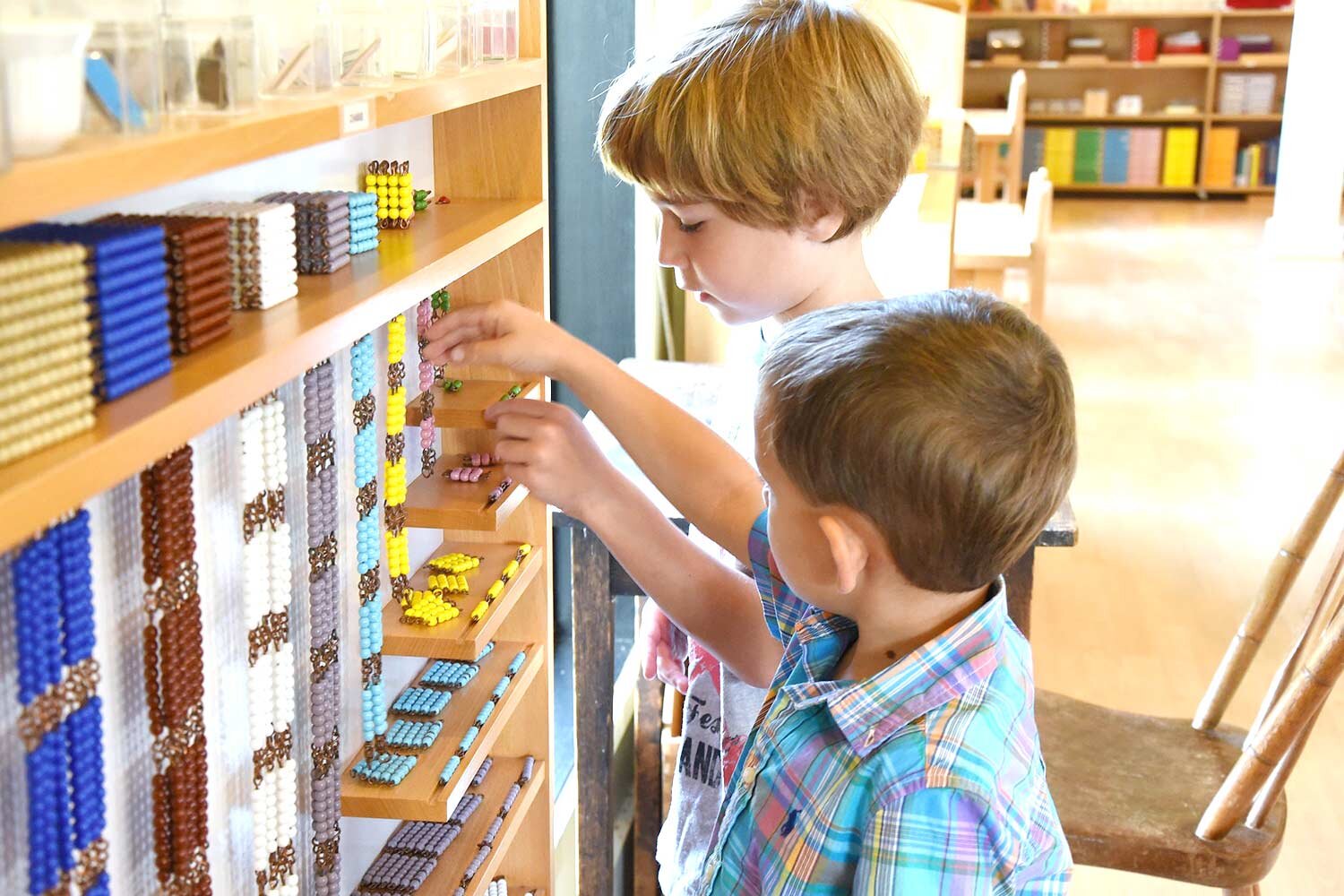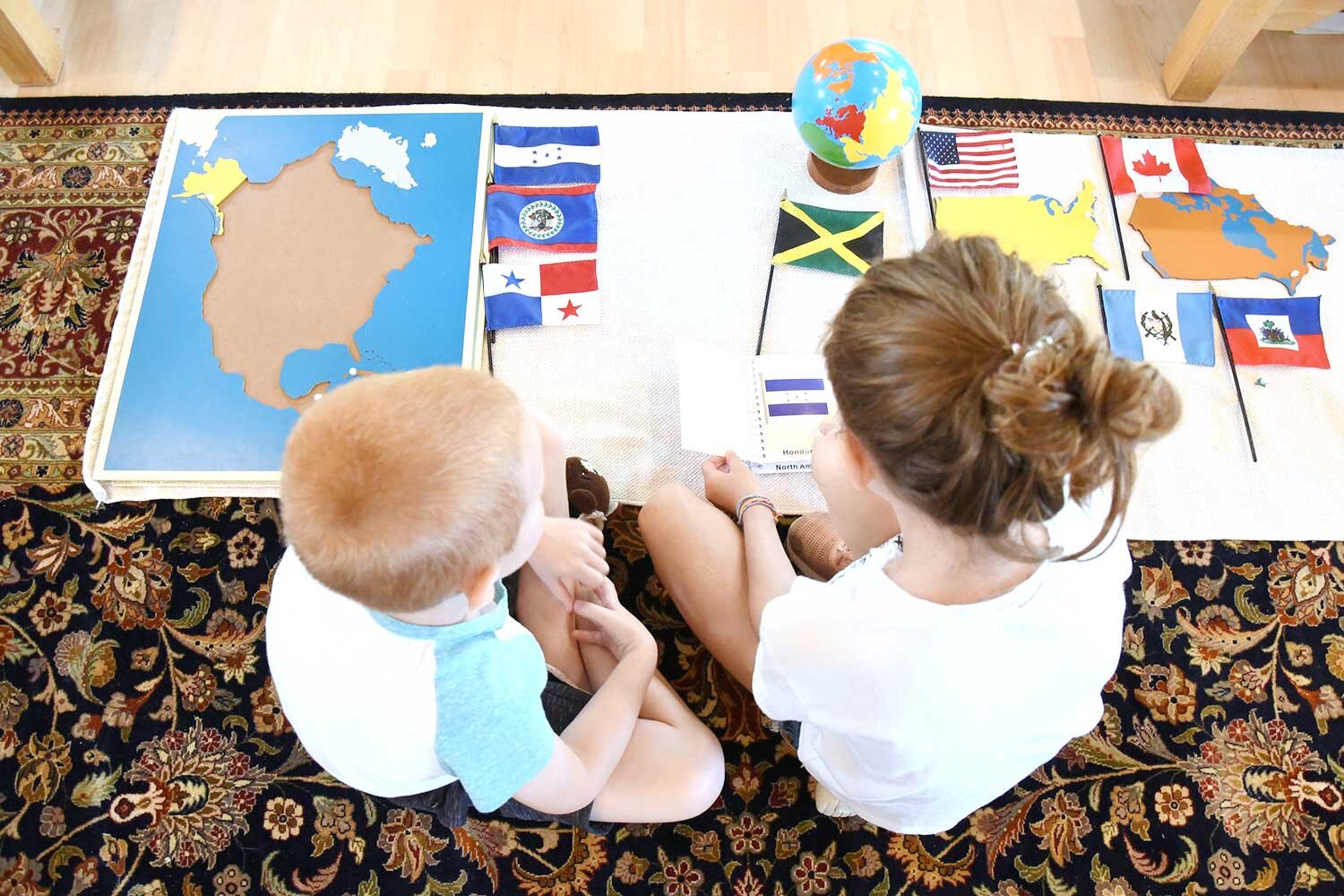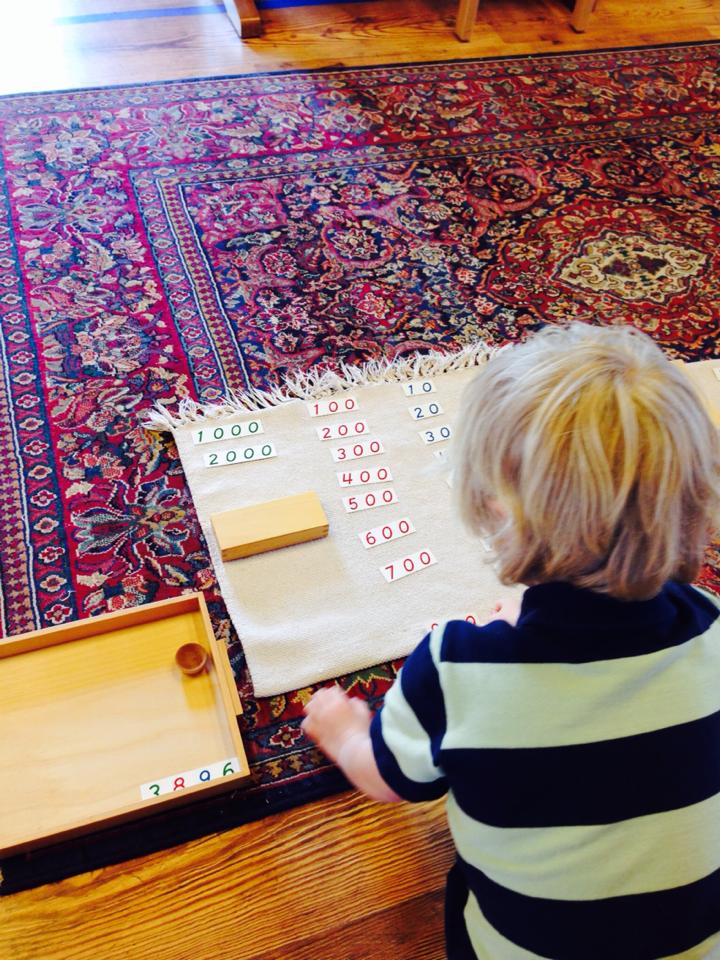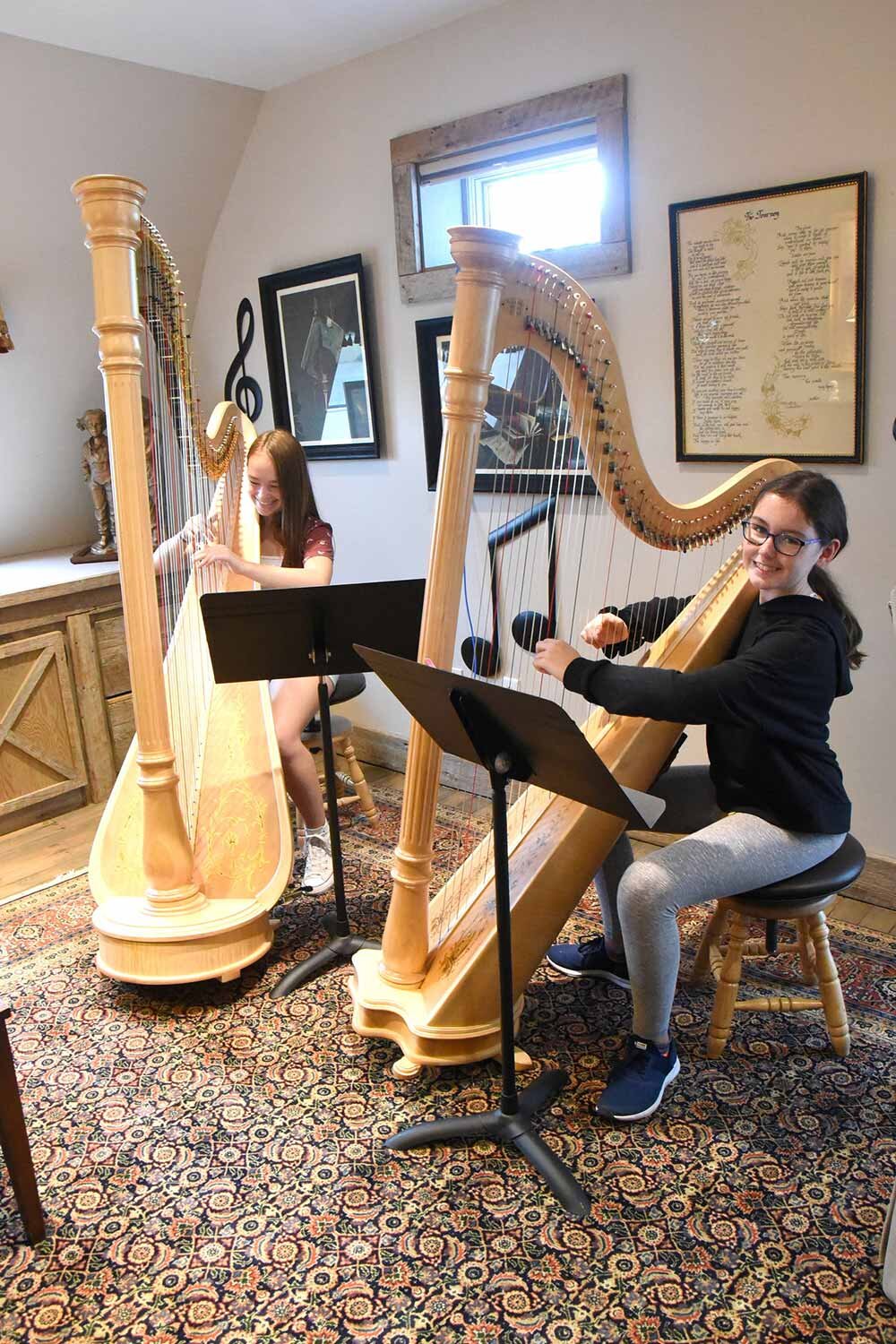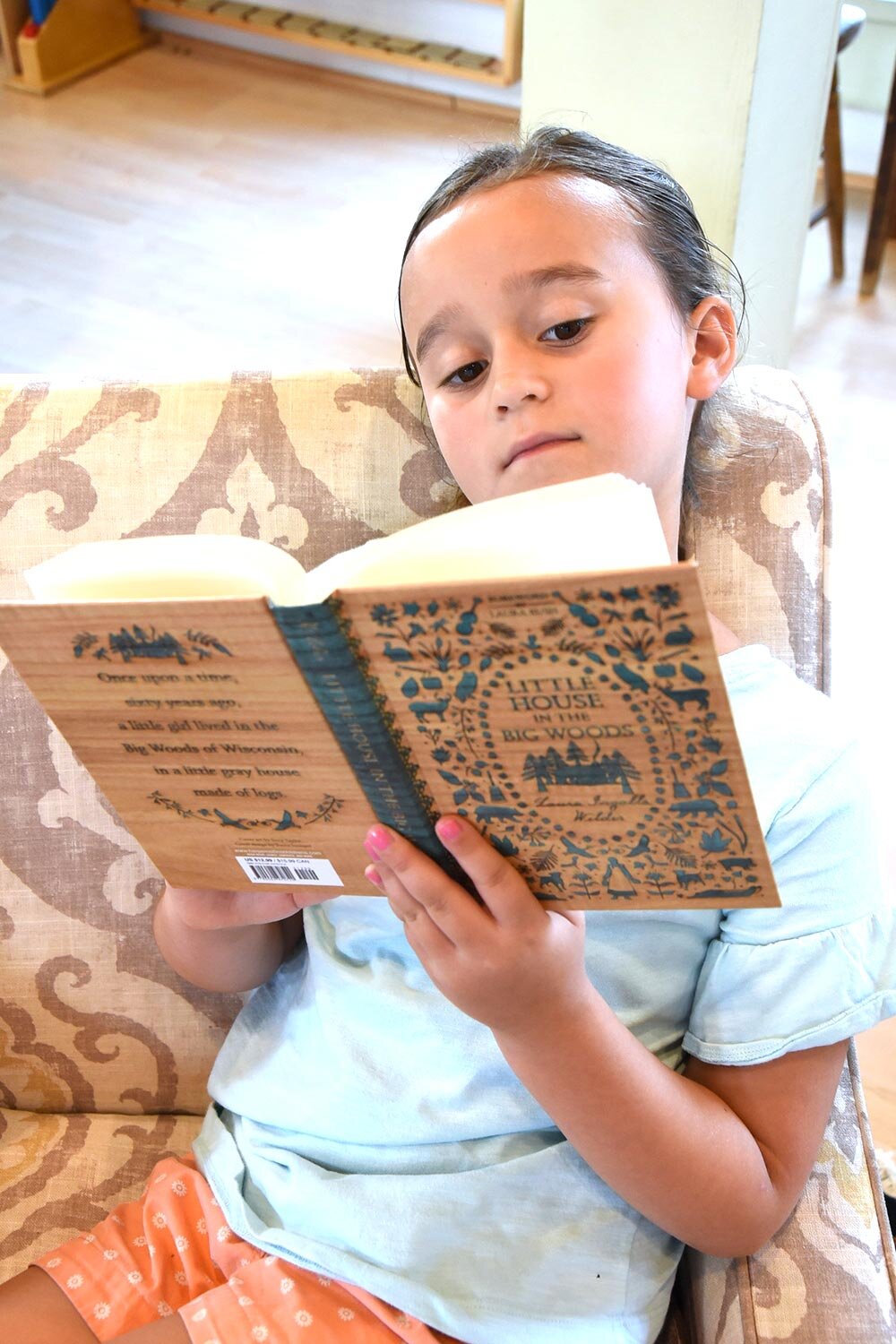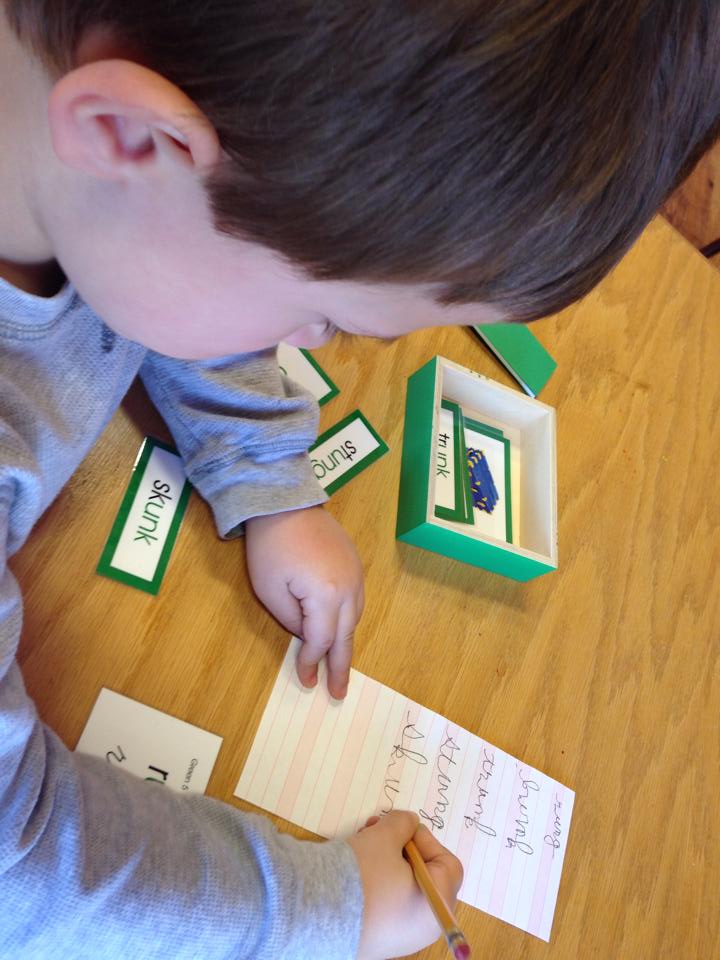What is Montessori Education?
The Montessori method of education is a comprehensive educational approach centered on the belief that children possess a natural love of learning and will continually seek out challenges if given the opportunity and support to do so. The Montessori classroom -- what Maria Montessori referred to as the "prepared environment" -- provides the ideal materials for this process of natural learning, while Montessori-trained instructors facilitate the child's independence through careful observation and guidance.
Who was Maria Montessori?
Dr. Maria Montessori began her work over a century ago. Having already achieved historic distinction as Italy's first female physician, in her early career, Dr. Montessori was drawn to questions of how children learn. She carefully observed children in and out of school settings and came to revolutionary conclusions. She realized that the traditional model of education, that of a rigid and fixed classroom environment which demanded that the child immediately adapt and assimilate, was counter to all observable evidence of effective learning. In response to this disconnect between teaching traditions and the intellectual and social needs of children, Dr. Montessori created a system of education that would provide children with all they would need to follow their own positive instincts. Her vision of a beautifully organized and ever-evolving classroom where teachers meet the changing needs of each developing child is the foundation of Montessori education.
I’ve heard that children are in a classroom for three years. Why is that?
Dr. Montessori observed that children learn best in multi-age communities. Older children are able to reinforce what they have learned when they offer instruction or guidance to younger children. Younger students thrive as they observe their older peers self-correcting, looking for alternative solutions, and finally achieving success in their classroom endeavors. The three-year age grouping also allows the teacher time to follow the child through numerous stages of development, gaining a deep understanding of the child's personality, strengths, and unique gifts. The three-year age range also allows the teacher to support the child through what Dr. Montessori described as ‘sensitive periods’; highly focused episodes that appear in the child’s conscious interest and have a lasting effect on his development and capacities for personal expression.
What curriculum is used in the Montessori classroom?
Our classroom environment contains beautifully created, manipulative materials specifically designed to meet the developmental needs of the children.. These materials appeal to children and encourage them to engage in learning activities by tapping their interest and abilities. The materials are designed to cultivate concentration, intrinsically motivate, encourage self-discipline, and foster a love of learning. The adults in the classroom are trained to serve specifically as guides, facilitating that dynamic learning.
The Montessori curriculum is made up of four classical areas of discipline which correspond to physical locations in the classroom:
Practical Life
Sensorial
Language
Mathematics
AIS will be happy to provide additional reading materials to anyone interested in learning more about the implementation of the Montessori philosophy of education. Our Parents' Resource Library contains a large collection of books which describe the classroom methods and provide parents creative ideas for using Montessori methods in the home.
Is this a preschool?
It is not uncommon for a Montessori student, when asked if he or she goes to preschool, to answer, "No. I go to school." The term "preschool" is often a comfort for adults who may seek to buffer their children from what they anticipate as the undue rigor or drudgery of "school." In a Montessori school there is no drudgery; there is a thriving community of learners who look forward to arriving each day. Consequently, we are a school, in the very best sense of the word.
Do Montessori students play?
While the Montessori curriculum does differ from play-based early childhood education, there is no shortage of delight in a Montessori classroom; it's simply that the children "work" with the same curiosity and joy as they play. When they are outside, there are opportunities for organized activities (tending the garden, looking after the rabbits, gathering flowers, etc.) as well as free play and exploration.
Is there another Montessori school in Goochland?
Adams International School offers the first Montessori program in Goochland County. While there are other Montessori-based schools in the Richmond Metro Area, the Goochland County location offers your child an idyllic, rural learning environment situated on a 131 acre former farm, a location and environment unlike any other in the region.
Is it true that children in Montessori classrooms do whatever they want?
Montessori education is based on the principle of free choice of purposeful activity. If the child is being destructive or is using materials in an aimless way, the teacher will intervene and gently re-direct the child either to more appropriate materials or to a more appropriate use of the material.
“The child is both a hope and a promise for mankind.”


